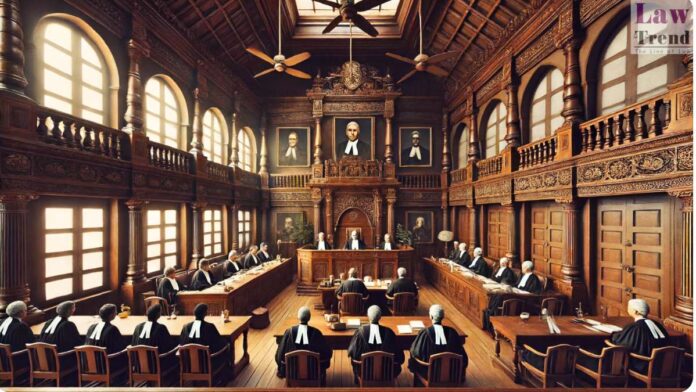The Court of Appeal of the Republic of Singapore has set aside an arbitral award in DJP and others v DJO [2025] SGCA(I) 2 on the ground that the award was rendered in breach of the rules of natural justice under Section 24(b) of the International Arbitration Act 1994 (2020 Rev Ed). The decision reaffirms
To Read More Please Subscribe to VIP Membership for Unlimited Access to All the Articles, Download Available Copies of Judgments/Order, Acess to Central/State Bare Acts, Advertisement Free Content, Access to More than 4000 Legal Drafts( Readymade Editable Formats of Suits, Petitions, Writs, Legal Notices, Divorce Petitions, 138 Notices, Bail Applications etc.) in Hindi and English.




